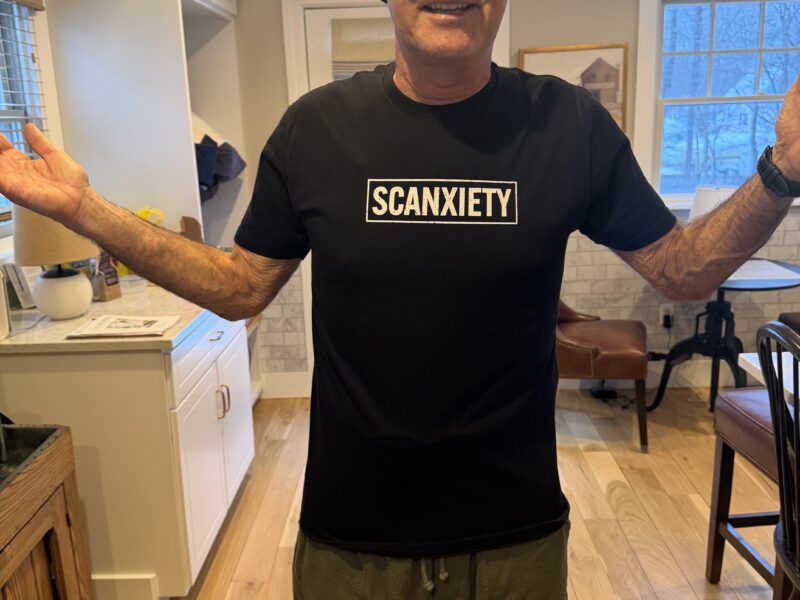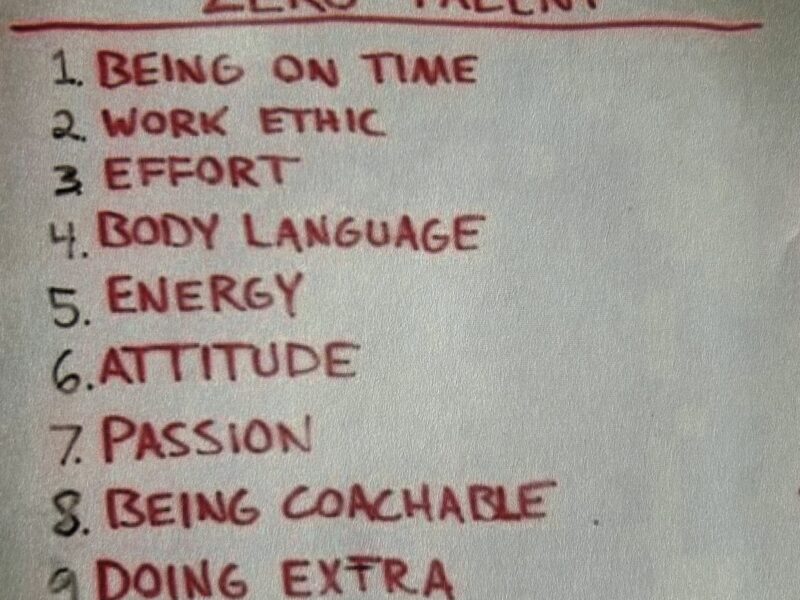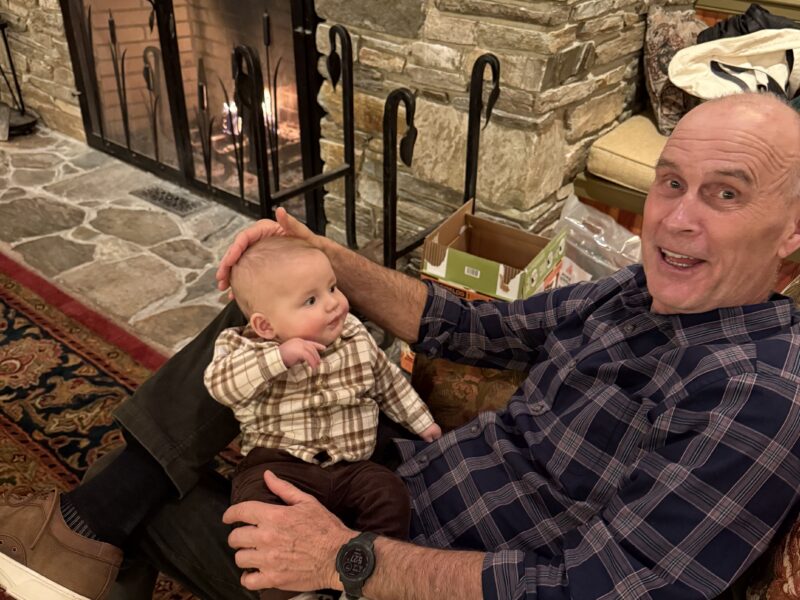I make frequent mention of David Brooks (NY Times columnist) in my blog because he brings a coherency to my thoughts that I can only envy. So, he inspires me to improve my writing and I never miss checking him out every Tuesday and Friday.
In “The Other Education” (11/26), he notes, “For reasons having to do with the peculiarities of our civilization, we pay a great deal of attention to our scholastic educations, which are formal and supervised, and we devote much less public thought to our emotional educations, which are unsupervised and haphazard. This is odd, since our emotional educations are much more important to our long-term happiness and the quality of our lives.”
Brooks pinpoints the moment his second education began on February 2, 1975 when he tuned into a Philly radio station and was instantly mesmerized by a Bruce Springsteen concert. Thus began a lifelong aesthetic bond with The Boss. He explains, “Over the next few decades Springsteen would become one of the professors in my second education. In album after album he assigned a new course in my emotional curriculum.”
This aligns with Brooks’ point that the second education is “generally a byproduct of the search for pleasure, and the learning is indirect and unconscious.”
As for me, I am transported back to 1970, back to Belangers’s, a long gone Bath, Maine record shop. Leafing thru the racks, I come across the sepia photo of five guys who look like they’re on furlough from the Civil War. With a hazy sense that I’d heard them before — Easy Rider soundtrack, maybe? – I buy the album simply because the photo spoke to me. I hustle back to my dorm, spin the turntable, and out comes Richard Manuel’s tortured cry, “Standing by your window in pain….” I spend the rest of my teens thinking that they’re in the studio dreaming up music that will appeal to me, as in, only me. I actually imagine Levon Helm saying to Robbie Roberston, “Do you think Mal will like the horns we’ve added to W. S. Walcott Medicine Show?”
The point is, writes Brooks, “Once I got a taste of that emotional uplift, I was hooked. The uplifting experiences alone were bound to open the mind for learning.”
Like Brooks, “I’m not claiming my second education has been exemplary or advanced. I’m describing it because I have only become aware of it retrospectively, and society pays too much attention to the first education and not enough to the second.”
So, tell me, how’s your second education progressing?
Onward, Malcolm Gauld


